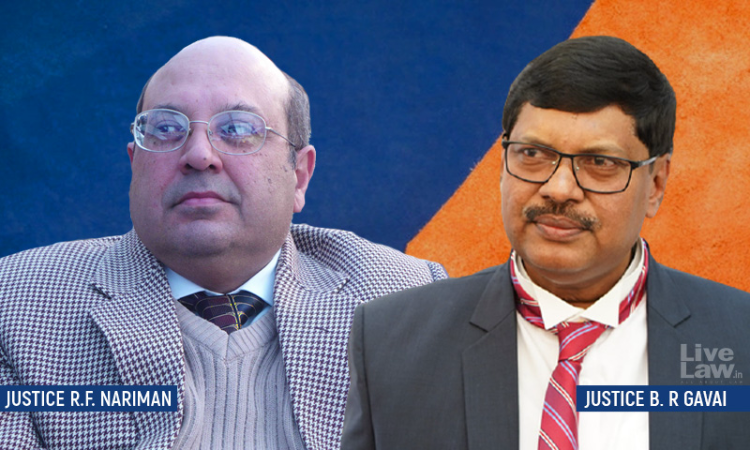The Supreme Court observed that an arbitration award which ignores vital evidence in arriving at its decision or rewrites a contract is liable to be set aside under Section 34 of the Arbitration and Conciliation Act on the ground of patent illegality.The bench comprising Justices RF Nariman and BR Gavai observed that a finding based on no evidence at all or an award which ignores vital...

